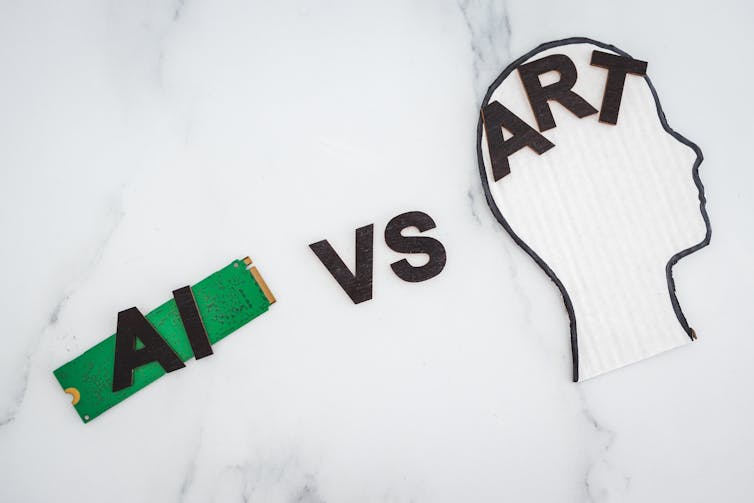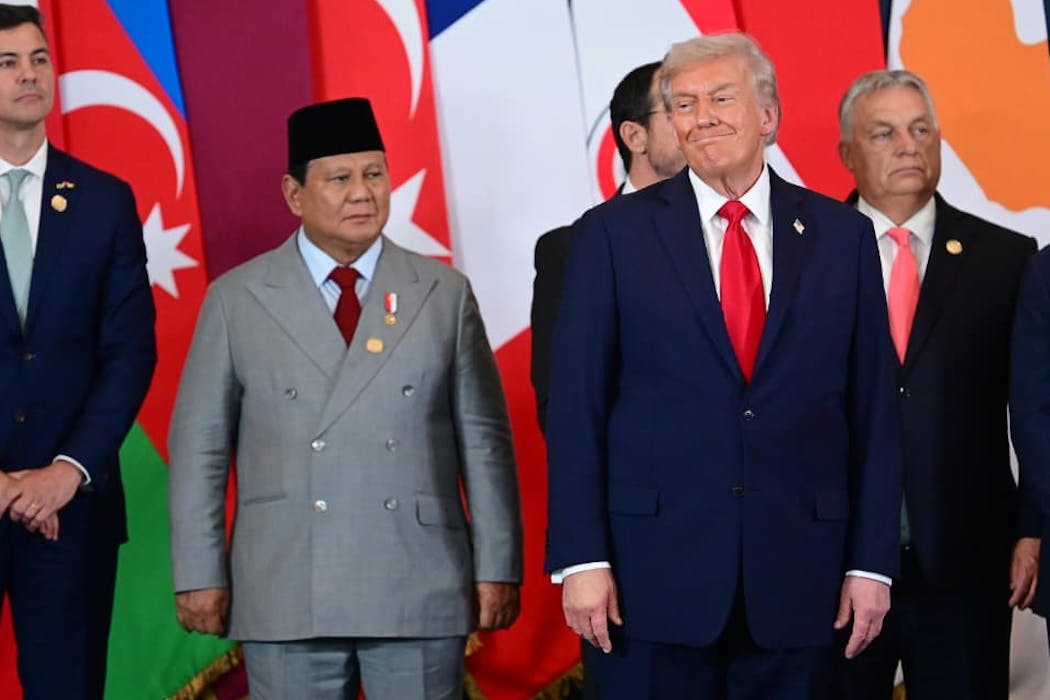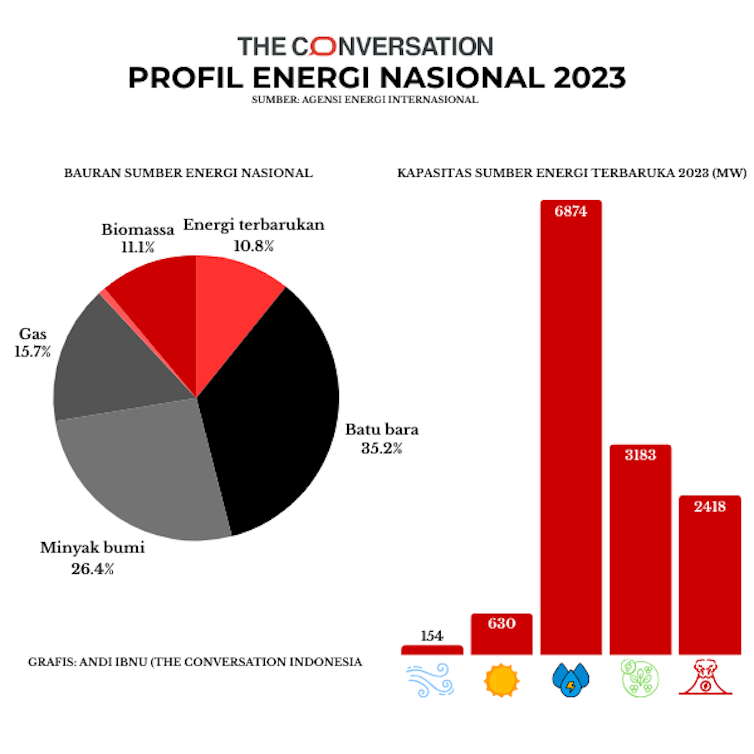Maritime Fairtrade Launches Localised Websites Across ASEAN, Advocating Ethical Shipping Practices
- Written by Maritime Fairtrade
SINGAPORE - Media OutReach[1] - 28 September 2020 -By launching localised websites across ASEAN countries like Indonesia, Singapore, Hong Kong and Malaysia, Maritime Fairtrade[2] aims at reducing corrupt practices in the shipping industry. With a lack of transparency and anti-corruption compliance culture, the shipping industry is perceived to sully ethical lapses with illicit activities.

A collaborative hub advocating for ethical shipping practices - Maritime Fairtrade works to positively influence businesses through education. As part of the wider goal to combat corruption in the asian maritime industry, setting up localised websites in the ASEAN region provides an avenue for resource sharing, effectively increasing awareness around unethical practices.
With over 90% of trade carried out over sea, it is especially crucial that businesses involved take stock of losses incurred from unethical lapses. Corrupt practices include one-time and long-term bribery, extortionate demands, and under-the-table payments to overlook procedural errors. A climate of malfeasance not only drives up trade costs, but also impedes economic efficiency by reducing future corporate profits and competitiveness.
The expansion of illicit trafficking and corrupt behaviours are only growing, especially so in a Covid-era[3] where there is an increase in shipping activities and consequently, fraud. At the same time, the pandemic is directing consumers towards sustainable buying patterns, which makes it a prime time for shipping companies and partners to relook into ethical policies.
Accessibility to the right sources of information where you can reliably understand the challenges and opportunities for a corruption-free industry is decisive in turning the tide. Maritime Fairtrade's strategy of pushing localised websites chips away at this goal, by reaching a wider audience and influence. By optimising websites in the local languages used in ASEAN countries, anti-corruption messages can be better delivered and understood by site visitors. Tailored language localisation counts for more than simple translation, it considers the social, political and historical aspects of foreign markets - tuning these nuances into how the website looks and reads.
Effecting purposeful change in the maritime industry will positively influence the financial valuation of shipping companies[4], eliminating regulation and micromanagement that can bog down an otherwise flourishing trade integral to the global economy. And, Maritime Fairtrade is doing just that through credible information sharing that is effectively communicated through localised website content in the ASEAN countries.
Media Contact:
Eunice Gilbert, Marketing Manager
References
- ^ Media OutReach (www.media-outreach.com)
- ^ Maritime Fairtrade (maritimefairtrade.org)
- ^ Covid-era (maritimefairtrade.org)
- ^ positively influence the financial valuation of shipping companies (maritimefairtrade.org)
- ^ eunice@maritimefairtrade.org (www.media-outreach.com)
Authors: Maritime Fairtrade
Read more http://www.media-outreach.com/release.php/View/48791#Contact





